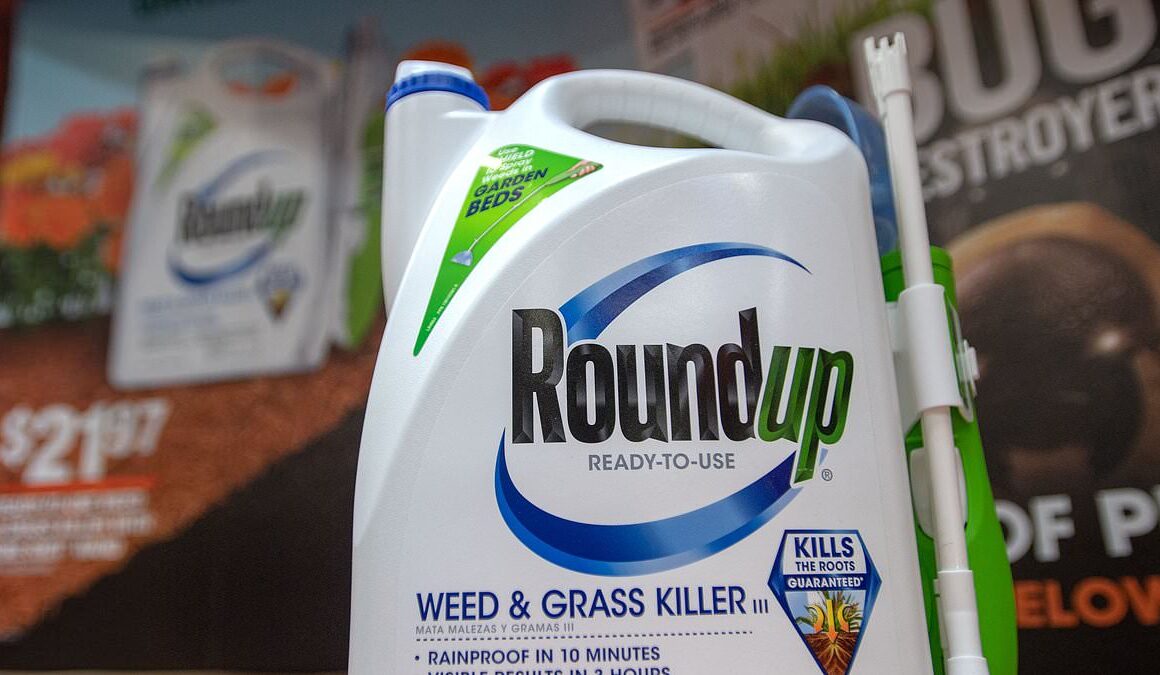A massive landmark case against a common garden weed killer product has failed to prove it has links to cancer in the Federal Court.
The landmark lawsuit saw more than 800 people claiming the herbicide Roundup and its key ingredient, glyphosate, is carcinogenic for humans and can cause non-Hodgkin lymphoma.
Justice Michael Lee ruled there was not, on the balance of probabilities, any proof as to whether glyphosate, a component of Roundup, is carcinogenic.
The civil class action tried to prove the manufacturer, Monsanto, and its Australian division, Huntsman Chemical Company, were negligent regarding the risks posed by its products.
Lead plaintiff, Kelvin McNickle, had worked for his family’s vegetation management business for 20 years.
The court was told Mr McNickle was allegedly exposed to two of Monsanto’s Roundup products, which later led to a diagnosis of non-Hodgkin lymphoma.
Justice Lee said he’d heard evidence from Mr McNickle that when he used the product, there would be drips soaking through to his clothes and onto his skin
Mist would also go all over the place during its use, which Mr McNickle would inhale.

A class action launched against the manufacturer of common garden weed killer Roundup (pictured) tried to prove the company was negligent regarding the risk it posed to users
Maurice Blackburn had led the major class action on behalf of the 800 people, who claimed they had reasonably significant exposure to Roundup.
A spokesman for the major compensation law firm told NewsWire it would be ‘carefully reviewing the judgment’.
Justice Lee’s decision comes after similar cases were heard in the United States.
In 2020, Monsanto’s parent company Bayer settled almost 100,000 lawsuits, costing the global pharmaceutical giant AU$16.5 billion.
Roundup continues to be sold in Australia.









